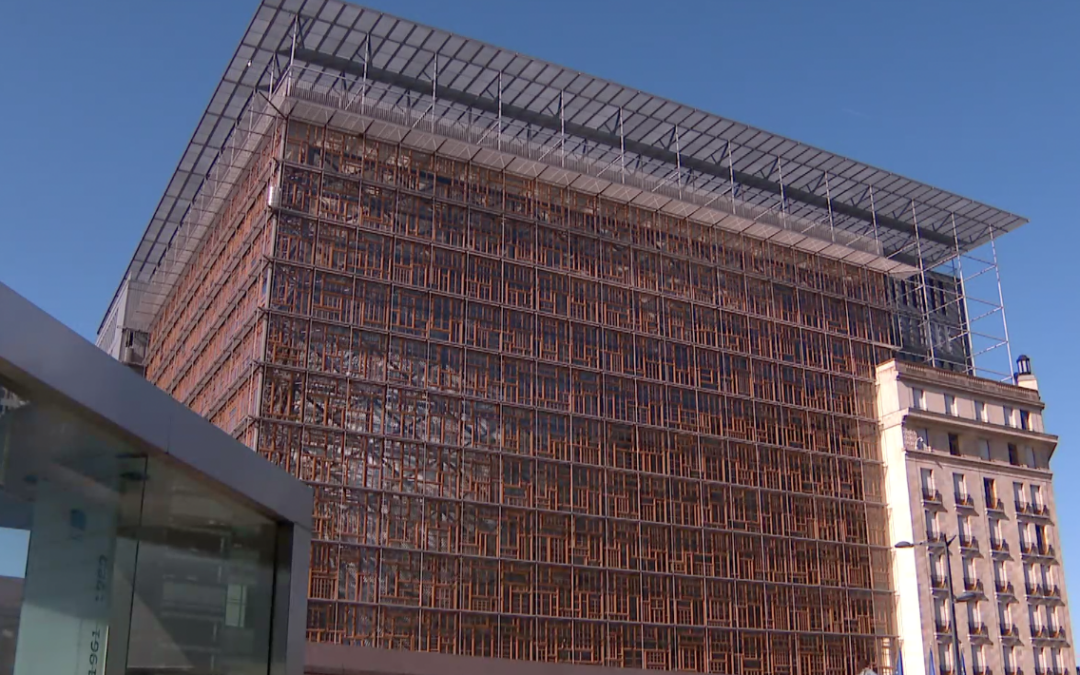BRUSSELS – The European Council, which brings together the heads of state and government of the EU, has a central role in determining future high positions in the EU, that is, this body elects the President of the European Council, proposes a candidate for the President of the European Commission and appoints the High Representative of the EU for Foreign Affairs and Security Policy, so this will be the main topic of this informal meeting. An official agreement on the distribution of functions is expected at the formal summit of the European Council on June 27 and 28. “After the elections for the European Parliament, EU leaders will discuss the next institutional cycle,” reads the announcement of the informal meeting of the European Council.
The European Council appoints the President of the Commission by a qualified majority, and at that time it should take into account the results of the EP elections. The European Parliament then elects the President of the Commission, and at least 361 out of 720 MEPs in the EP must vote for the election of the Commission leader. Since the centre-right European People’s Party (EPP) won the most seats in the EP elections, that political group in the EP has the largest mandate to nominate their lead candidate for EC president – the current EC president Ursula von der Leyen. According to media reports, it has also been agreed in principle that the position of EC president should go to the EPP, the position of President of the European Council to the socialists, and the position of High Representative of the EU for Foreign Affairs and Security Policy to the liberals. However, according to the European Parliament website, no final decisions are expected to be made during the informal dinner, not only because an official decision cannot be made at an informal meeting, but also because the President of the European Council must consult with the leadership of the European Parliament. However, a procedure could be adopted that must be followed to gather different views on the distribution of the highest positions. The EPP has already hinted that Polish Prime Minister Donald Tusk and Greek Prime Minister Kyriakos Mitsotakis will lead the negotiations on behalf of this political group for the leading positions, while the Party of European Socialists has appointed German Chancellor Olaf Scholz and Spanish Prime Minister Pedro Sanchez as their negotiators. The group of liberal parties will be represented by Estonian Prime Minister Kaja Kallas and outgoing Belgian Prime Minister Alexander De Croo, who are also mentioned as candidates for the position of High Representative of the EU for Foreign Affairs and Security Policy.
The current President of the European Commission, Ursula von der Leyen, is expected to join her colleagues during the discussion on the results of the EP elections, but will most likely leave the room during the discussion on the candidates for the leading positions in the EU. If EU leaders at the European Council meeting on June 27 and 28 decide to give von der Leyen a second term, EP MEPs could vote on her election as early as July 18, during the first plenary session of the new EP, otherwise a vote on the President of the Commission will be held in mid-September. During the informal meeting, EU leaders could also continue discussions on the EU’s strategic agenda, which is defined at the start of each new institutional cycle. EU leaders are expected to adopt an agenda for the period from 2024 to 2029 at the formal European Council meeting on June 27 and 28. (June 17)
 go to the original language article
go to the original language article
